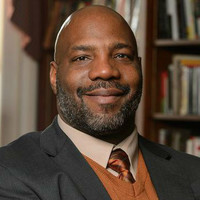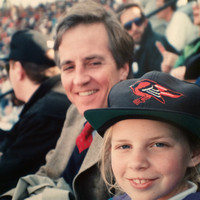Best of 2012: Top Ten
The Story of a Suicide
A gay freshman at Rutgers, a spying roommate, and the trial that followed.
Ian Parker New Yorker 50min
The Innocent Man
The decades-long saga of Michael Morton, who was wrongfully convicted of killing his wife.
Pamela Colloff Texas Monthly 50min
Cocaine Incorporated
How a Mexican drug cartel makes its billions.
Fear of a Black President
The false promise and double standard of integration in the Obama era.
Ta-Nehisi Coates The Atlantic 40min
The Chickens and the Bulls
The rise and fall of the “most far-flung, most organized, and most brazen example of homosexual extortion in the nation’s history.”
William McGowan Slate 30min
American Vespers: The Ebbing of the Body Politic
“When I died, I died of many things: the failing systems; the weakening of age; the exhaustion of the long war against dying. Finally, I succumbed to the lack of ethics in a California hospital, killed by filth and neglect.”
Battleground America
The insanity of U.S. gun law.
Jill Lepore New Yorker 30min
Cigarettes and Alcohol: Andy Capp
“Reg Smythe was the greatest British newspaper strip cartoonist of the 20th Century—and second only to Peanuts’ Charles Schulz on a global scale. So why don’t we treat him that way?”
Paul Slade PlanetSlade 2h25min
Apple, America and a Squeezed Middle Class
How the U.S. lost out on iPhone work.
The Truck Stop Killer
As a 15-year runaway hitchhiker, the writer was nearly killed by a trucker. Twenty seven years later, she investigates whether her attacker was truck stop serial killer Robert Ben Rhoades.
Vanessa Veselka GQ 30min











